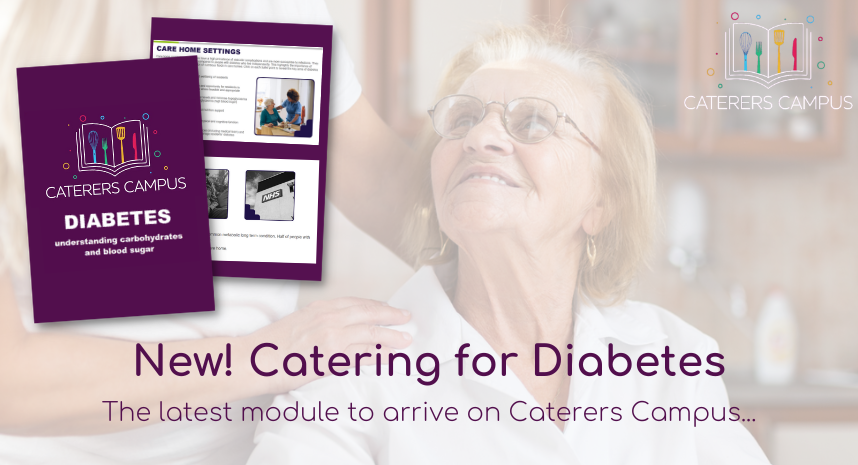Diabetes
Diabetes is a serious condition where your blood glucose (sugar) level is too high. This happens when there is a complication with insulin. Insulin is the hormone, made by the pancreas that allows the glucose in blood to enter our cells and fuel our bodies.
It is extremely important to learn the difference between both type 1 and type 2 diabetes. Type 1 diabetes is where the body’s immune system destroys and attacks cells that produce insulin and you can’t make any insulin. Type 2 differs as this is where the body does not produce enough insulin. Type 2 diabetes is far more common than type 1. In the UK, around 90% of all adults with diabetes have type 2. Type 1 diabetes is not linked with diet or lifestyle but are linked with type 2 diabetes.
In both types, glucose can’t get into your cells properly, so it begins to build up in your blood, which causes a lot of problems.
If a person is diagnosed with diabetes they will need to eat healthily, take regular exercise (if possible) and carry out regular blood tests to ensure their blood glucose levels stay balanced. People diagnosed with type 1 diabetes also require regular insulin injections for the rest of their life. Type 2 diabetes is a progressive condition and medicine may eventually be required but a healthy diet, regular exercise and achieving a healthy body weight can help manage type 2 diabetes.
To provide support, education and opportunity for residents to manage their own diabetes where possible
Be aware of the services and medical teams available to you and your resident to help manage and support effectively
There is no one size fits all approach to making food choices, it is important that food choices help to achieve blood sugar management goals and improve nutritional status and quality of life for the individual.
Any dietary changes should be done gradually whilst monitoring glucose levels and ensuring the changes can be applied long term. The resident living with diabetes is at the centre of consideration so it is important to be caring and flexible. Overly restrictive diets may result in undernutrition and unintentional weight loss. It is important that all menus include nutritional information and carbohydrate content.
Diabetes e-learning
This new e-learning module takes you through everything from what is diabetes, how to cater for it and how to plan your menu effectively. offering you an excellent module to bring your team up to speed on all things diabetes within the care sector. Simply log in, or if you have not yet signed up, please get in touch with your account manager or become a customer.






